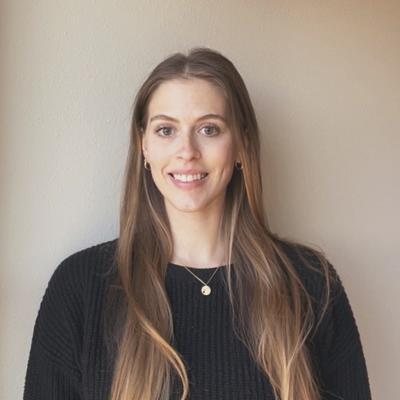Large-scale data integration for natural and built landscapes
EDS Seminar Series 5/17/22
May 17, 2022
Title: Large-scale data integration strategies to enhance our knowledge of the long-term dynamics of natural and built-up landscapes during the 20th century
Speaker/Facilitator: Johannes Uhl (CU Institute of Behavioral Science, CIRES)
Abstract: While there is abundant and detailed data on contemporary and recent landscape dynamics, typically derived from remotely sensed earth observation data, our knowledge on the long-term evolution of natural and built-up landscapes at fine spatial scales and prior to the 1980s is generally sparse. The increasing availability of large-scale datasets such as Zillow’s Transaction and Assessment Dataset (ZTRAX), or the USGS Historical Topographic Map Collection (HTMC) opens up new avenues for data-driven characterization of past landscapes at fine spatial and temporal resolutions, and over extended time periods. In this talk, I will present a few research projects that leverage such datasets. These projects encompass: (a) the creation of the Historical Settlement Data Compilation for the U.S. (HISDAC-US) from the ZTRAX property database, and the integration with US-wide Microsoft and OpenCityModel building datasets (b) the integration of the HISDAC-US dataset and the National Transportation Dataset for the analysis of the U.S. road network evolution from 1900 to 2015; (c) the integration of the National Transportation Dataset road network data and HTMC historical topographic maps for the large-scale extraction of past road networks, and (d) the integrated, fully automated analysis of 50,000+ historical topographic map sheets and remotely sensed, contemporary LandFire vegetation data to create seamless, historical forest maps for the conterminous U.S. since the early 1900s. I will describe the methods underlying these efforts, which include computer vision, unsupervised classification and time series clustering strategies, and will highlight preliminary results, as well as the broader impact of these efforts, enhancing our understanding of coupled human-nature system dynamics over the long term.
Speaker Bio: Johannes Uhl received his PhD in Geographic Information Science from the Department of Geography at the University of Colorado Boulder in 2019, and currently works as a Post-Doctoral Research Associate at the Institute of Behavioral Science (University of Colorado Boulder). He is interested in developing geospatial data integration strategies to enhance our knowledge on human settlements, the built environment, and urban systems. In particular, he is interested in quantitative assessments of the long-term evolution of human settlements and urban systems, integrating property data, building data, remote sensing data, and historical maps, and in advancing open and reproducible science by actively contributing to the spatial-historical open data landscape by means of large-scale data integration and information extraction.
